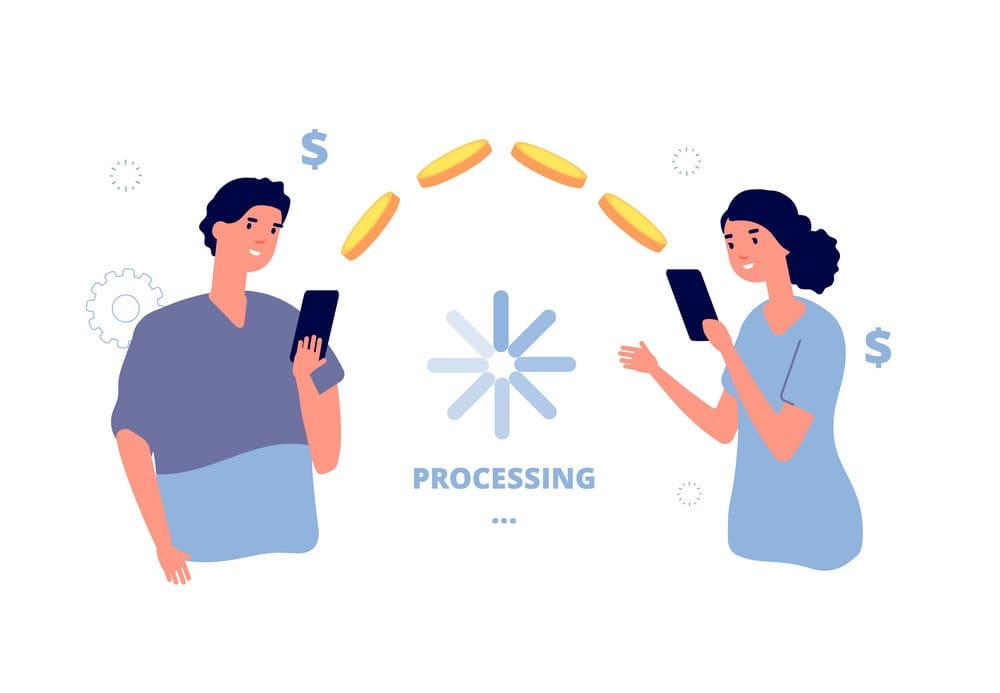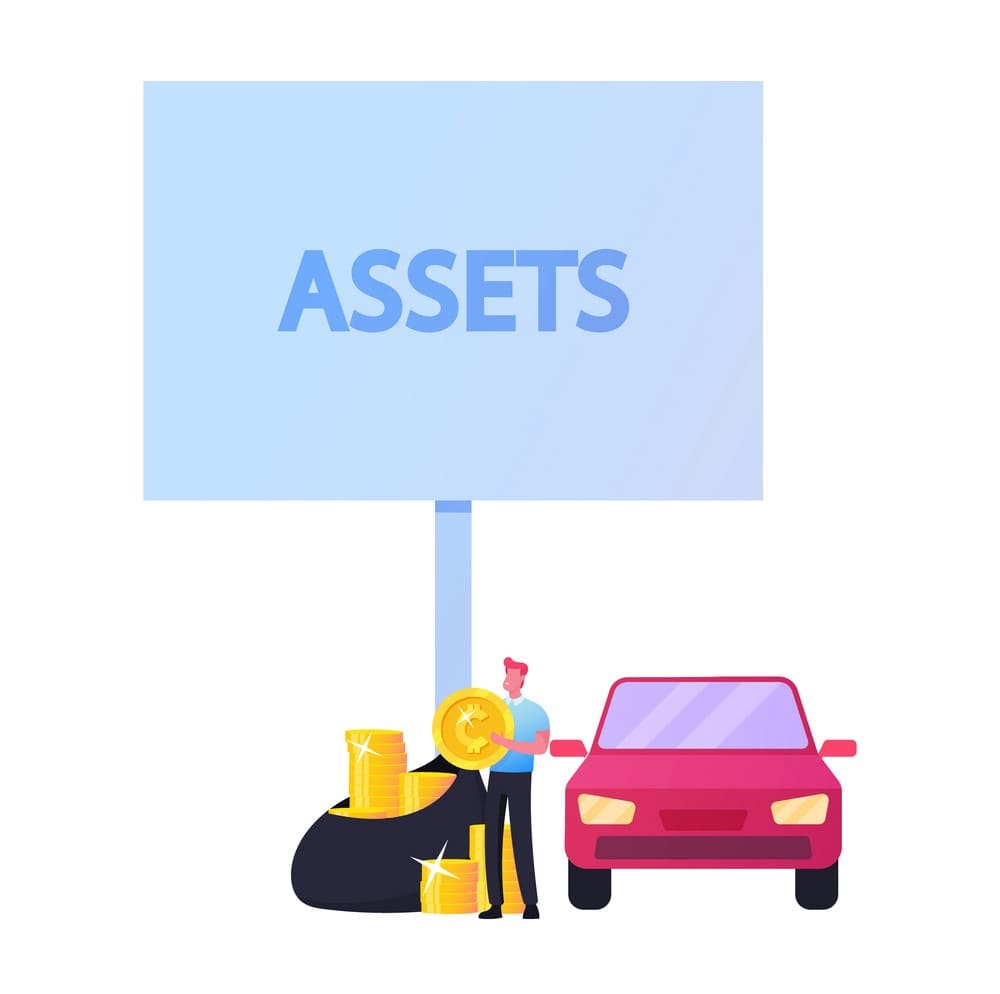Blockchain in Banking: How Blockchain Can Revolutionize The Banking Sector?
This blog will enlighten you with the use of blockchain in banking sector. Let’s understand how blockchain is making an impact in banking industry.
Blockchain technology is an open, immutable ledger that records transactions between two parties. It has the potential to make transactions quicker and more efficient by removing manual processes and middlemen. While blockchain is still in its infancy, it could play a positive role in various industries, including banking. In this blog, we will explore blockchain’s use cases and applications in banking. We will discuss how blockchain can transform the banking industry across the world.
Check out What are the Applications of Blockchain in Banking?
Table of Contents
Best-suited Blockchain courses for you
Learn Blockchain with these high-rated online courses
What are the Applications of Blockchain in Banking?
Let’s take a look at how blockchain will transform the banking sector around the world:
1. Faster Payment
Blockchain creates a decentralized channel such as crypto for payments, such as Bitcoin and Ethereum. This provides a secure way of sending payments with lower processing fees. Banks can achieve improved customer satisfaction by implementing a decentralized payment channel because it will help reduce the need for third-party verification. It will offer more security, faster payments, and quick processing.
Must Read Decentralization in Blockchain
2. Credit and Loans
Blockchain has the potential to solve many of the lending challenges that traditional banks face. While traditional banks offer loans using a credit score system, blockchain takes a different approach. It is focused on faster, more efficient, and more secure peer-to-peer loans. Blockchain does not need gatekeepers for loan and credit transactions. With a decentralized network of nodes, blockchain makes it more secure to borrow money. It also reduces loan processing rates and time.
Explore Free Online Courses with Certificates
3. International Money Transfer
Traditional banks face issues related to the movement of money throughout the world. When an international bank transfer is done, it may take a few days to settle. It should go through a complex chain of intermediaries, such as custodial services and regulatory bodies like SWIFT, before reaching its destination. Each of them adds to the cost and time. The bank balances must be reconciled across the global financial system.
Using blockchain, banks can settle transactions directly and with transparency. They can also keep better track of them than traditional protocols like SWIFT.
4. Online Identity Verification
Online verification and identification are essential to perform online financial transactions. Verification by various service providers may include different steps. The process may consist of face-to-face checking, authentication, or authorization. However, banking institutions and consumers have a speedy verification process with blockchain.
Blockchain can centralize the online identity verification process so that customers will have to verify their identity once using blockchain. They can securely reuse identity verification for other services. After verification, they can choose how they wish to identify themselves. They can also choose with whom they want to share their identity. Customers can choose from various identity verification methods, including user authentication and facial recognition.
Explore Popular Banking Courses
5. Credit Reporting
A credit report is a detailed summary of a person’s credit history. It is required to get a loan sanctioned from a bank. Evaluating these credit reports for lending or canceling a loan takes a long time. However, blockchain offers a way to speed up this process. In addition, blockchain can help ensure that the reports are secure, accurate, and transparent.



6. Buying and Selling Assets
Buying and selling assets, such as stocks or shares, can be lengthy. It can take days and may involve many third parties, such as the stock exchange, custodian banks, and personal brokers. With blockchain, the process of buying and selling assets can become faster. Blockchain eliminates the middlemen and reduces the information redundancy in the system. Thus, blockchain can help in speeding up the process significantly.
Explore 10 Ways Blockchain Technology Can Change The World Around You
7. Fundraising
Nowadays, many entrepreneurs look to raise funds to build their businesses. However, fundraising can be a complex process. It may require the entrepreneurs to follow many steps, such as meeting different people, carrying out negotiations, and more. Blockchain can help in speeding up this process. Today, blockchain companies offer different ways to ease the fundraising process. They include Initial Exchange Offerings (IEOs) and Security Token Offerings (STOs).
Also, read: Blockchain Interview Questions
Parting Thoughts
Blockchain technology has the potential to transform the traditional banking sector and make it more transparent, efficient, and secure. Features such as immutable and decentralized make this technology suitable for banking operations. However, transformation doesn’t happen overnight. Banks need to develop the infrastructure required to operate using blockchain. Also, blockchain technology needs to be perfected before the banking sector fully adopts it. With widespread adoption, this technology may disrupt the banking sector.
While some experts believe blockchain will replace banks altogether, others think it will only supplement the current banking system. To what extent banking institutions embrace this technology remains to be seen.
Check Out the Best Emerging Technologies Courses
Recently completed any professional course/certification from the market? Tell us what liked or disliked in the course for more curated content.
Click here to submit its review.
FAQs
What is Blockchain?
Blockchain is a shared, immutable, distributed ledger for recording transactions and tracking assets in a business network. It stores information electronically in digital format. An asset can be tangible (such as land or house) or intangible (such as patent or copyright).
How blockchain technology can be used in banking?
Blockchain technology can help the banking industry in multiple ways. Blockchain is an immutable, distributed ledger that offers immediate and transparent information. The information can be accessed only by permitted network members. A blockchain network can track orders, payments, accounts, and more. Blockchain can help the banking sector in various operations such as credit and loans, online identity verification, fundraising, stock trading, and more. It can enable the banking sector to reduce risks, eliminate frauds, and bring more transparency.
This is a collection of insightful articles from domain experts in the fields of Cloud Computing, DevOps, AWS, Data Science, Machine Learning, AI, and Natural Language Processing. The range of topics caters to upski... Read Full Bio










